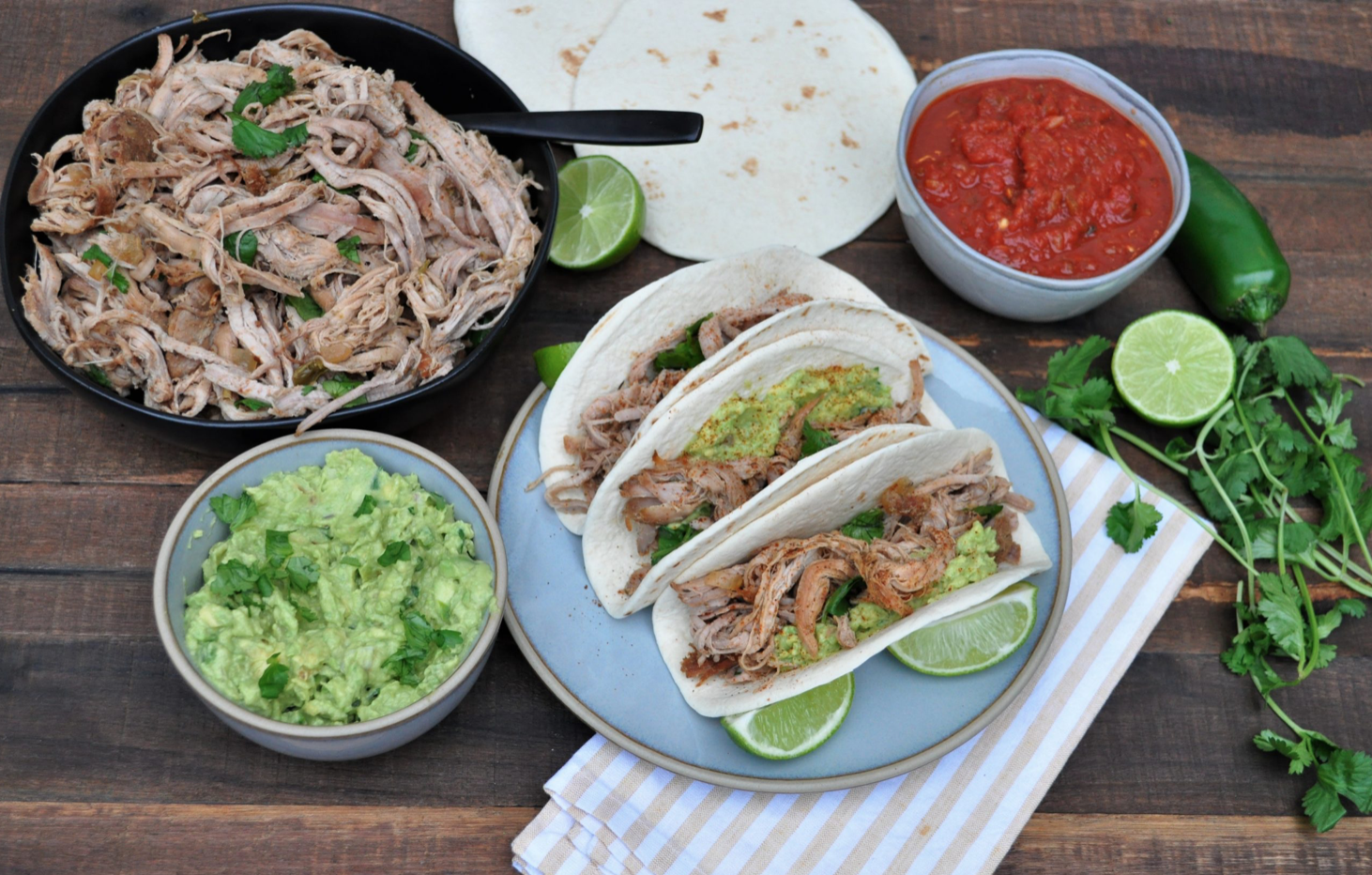Recovery Series Part II: Recovery Nutrition for Strength Training
We opened this series by looking at the important part nutrition plays in recovery from your runs. While such sessions might be your main priority, it’d be a mistake to think that other types of training don’t require a similarly diligent approach. In this post, we’ll look at how refueling right can help you maximize gym workouts, immediate and all-day nutrition needs, and more.
When and what should I eat after resistance training?
Sticking to your resistance training routine is vital if you’re hoping to become a stronger, faster, and more powerful runner, and fueling beforehand is essential. But, to get the greatest benefits, you’ll also need to be refueling enough afterward for your body to repair itself and adapt to the stimuli you’re throwing at it. A lot of endurance athletes fall short because they underestimate their protein and carb needs after sessions. A review published in Frontiers in Nutrition noted that consuming post-workout protein is crucial for stimulating muscle protein synthesis (MPS), which triggers the repair of existing fibers and growth of new ones in response to strength training.
Another reason to refuel soon after strength training is that carbs are your primary fuel source for muscle contractions. This means that you use up a lot of the glucose in your bloodstream and then start draining the stores of glycogen in your muscles and liver. So you need to restock these after you hit the gym so that you have enough glycogen for your next training session. The review authors also wrote that “Carbohydrates have been shown to have a protein sparing effect, therefore the combination of protein and carbohydrate to decrease rates of muscle protein breakdown (MPB) and increase rates of MPS may be the best strategy” if you’re trying to build or maintain muscle mass.
As a general guideline, aim for 50 grams of carbs and 20 to 40 grams of protein within 30-60 minutes after your session. This could come in the form of a full meal, or if you don’t have time, you can break it down into a post-workout shower shake as soon as possible (nail your protein here + some carbs), followed by more carbs within 90 minutes. One of my go-to breakfast recipes for recovery nutrition is baked oatmeal with Greek yogurt, fruit, and almond butter.
How should I fuel for the rest of the day?
In addition to consistently nailing acute refueling right after your strength training, it’s important to know that replenishing protein later on can be beneficial too. Unlike with fat and carbs, your body doesn’t store protein, so you need to consume it regularly to recover from extra workouts. A group of Canadian researchers concluded that athletes who followed a nighttime workout with a protein shake immediately post-workout plus another in the morning scored better in both strength and plyometric tests in their next session. They also had greater whole body protein balance.
Other research has suggested that you can maximize strength, power, and speed gains and put on more lean muscle mass if you spread out protein intake throughout the day, including before training. Doing so can also improve recovery between sessions, reduce muscle soreness, and stabilize mood. Thus, it is important to include 20 to 40 grams of protein in each of your three meals per day. It is also key to note that hitting your protein needs won’t be nearly as beneficial for muscle repair & build if you aren’t eating enough total energy (calories). So, make sure to include carbs and healthy fats in order to consume enough total calories. A good example of a well-balanced meal with adequate macronutrients is slow cooker carnitas tacos w/guacamole.
What else might I need in addition to carbs & protein?
During strength training, your body not only depletes glycogen, but also creatine. This is a peptide that is utilized by the phosphagen (ATP-PC) system to provide energy in your muscles during quick bursts of explosive power, strength, and speed lasting up to 10 seconds. So anytime you’re lifting, jumping, or sprinting, you’ll drain your store of creatine and other phosphates. This means you need to top up your creatine levels before your next workout so that you have enough ready energy for moving quickly and powerfully again. You can obtain some from grass-fed beef, poultry, and fish, but it might not be enough, and if you’re a vegetarian or vegan, obtaining creatine from your diet will be tricky.
This is where a supplement can come in handy. Look for creatine monohydrate, the most widely studied form.The general guideline is to take 5g/d in your shake or dissolved in some other liquid. A review published in Molecular and Cellular Biochemistry concluded that creatine supplementation increases strength and sprint performance, promotes muscle mass gains, and improves high-intensity output.
Check back next week to learn about what supplements are beneficial for recovery.
Need help to nail your recovery nutrition? Check out our Recovery page w/ Recovery Calculator, 1-on-1 and group coaching options.
1. Harry P. Cintineo et al, “Effects of Protein Supplementation on Performance and Recovery in Resistance and Endurance Training,” Frontiers in Nutrition, September 11, 2018, available online at https://www.ncbi.nlm.nih.gov/pmc/articles/PMC6142015/#B28. 2. Daniel W.D. West et al, “Whey Protein Supplementation Enhances Whole Body Protein Metabolism and Performance Recovery after Resistance Exercise: A Double-Blind Crossover Study,” Nutrients, July 11, 2017, available online at https://www.ncbi.nlm.nih.gov/pmc/articles/PMC5537849. 3. Richard Kreider, “Effects of Creatine Supplementation on Performance Training Adaptations,” Molecular and Cellular Biochemistry, March 2003, available online at https://www.researchgate.net/publication/10798699_Effects_of_creatine_supplementation_on_performance_training_adaptations.
Disclaimer: The content in our blog articles provides generalized nutrition guidance. The information above may not apply to everyone. For personalized recommendations, please reach out to your sports dietitian. Individuals who may chose to implement nutrition changes agree that Featherstone Nutrition is not responsible for any injury, damage or loss related to those changes or participation.



